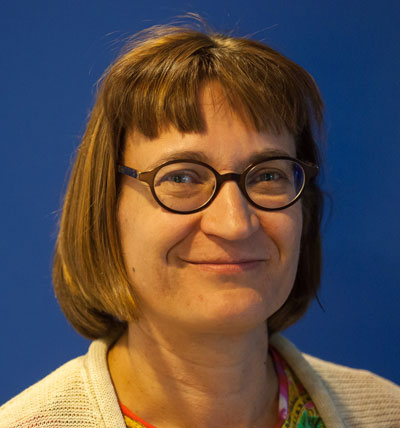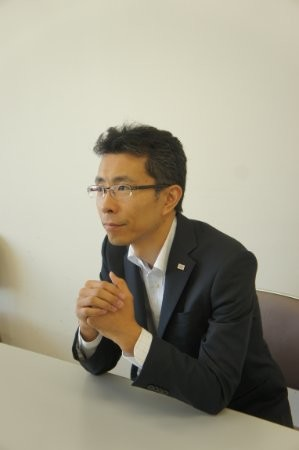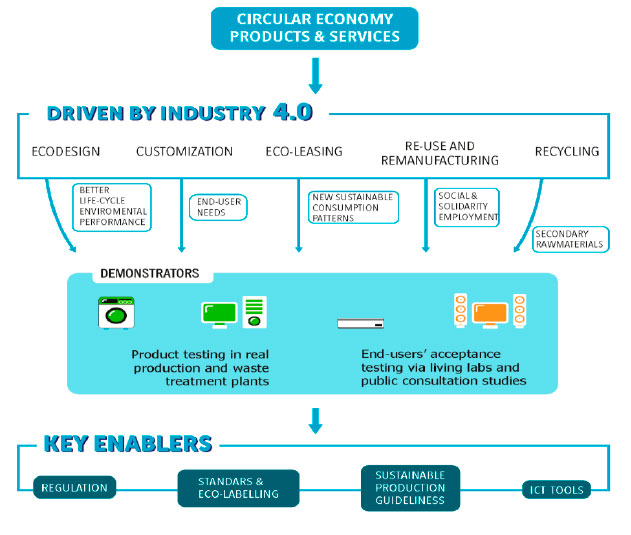
ABOUT THE PROJECT
C-SERVEES aims to boost a resource-efficient circular economy in the electrical and electronic (E&E) sector through the development, testing, validation and transfer of new circular economic business models (CEBMs) based on systemic eco-innovative services that include: eco-leasing of EEE, product customization, improved WEEE management, and ICT services to support the other eco-services. ICT tools (relying on QR codes) will be developed as the driver of the proposed eco-innovative services to take full advantage of the potential and synergies of two major revolutions of our time: the circular economy and the Industry 4.0. The project will thus contribute to transform the E&E sector into circular and 4.0, raising new opportunities for end-users (such as their involvement in design or the access to a product as a service) and for social and solidarity economy (conducted by NGOs, like EMAUS, which employ people at risk of social exclusion to repair and prepare WEEE for re-use). The techno-economic, environmental and social viability of the new CEBMs will be validated through demonstrations dealing with four target products belonging to different EEE categories: large household appliances, IT equipment, telecommunications equipment, and consumer equipment.
A circular business reference model for the E&E sector will be developed based on circular economy principles and stakeholders’ requirements. The reference model will be further tailored to each product targeted in the project: washing machines, toner cartridges, telecom ALM products and TV sets/displays. Performance indicators: by M12 guidelines for circular economy models in the E&E sector will be delivered (after validation by an External Advisory Board); by M15 the circular economic business reference model for the E&E sector will be ready and by M21 the CEBMs for four EEE will be ready (once reviewed by industry).
ICT tools (using zero-knowledge protocol) will be developed in sprints with industry partners that will test them to provide feedback and validate their features and functionalities: life-cycle tracking of EEE, end-users feedback, interactive user and repair manuals, warranty tracking, consumables management, WEEE management protocols for re-use or recycling. Performance indicators: A minimum viable product of these ICT tools will be delivered by M21, while the expanded version with services and functionalities required by actors in each EEE value chain will be ready by M36.
The new CEBMs will be implemented through four demonstrations involving the whole life cycle of the target products, their associated value and supply chains and the proposed eco-innovative services: eco-leasing, product customization, improved WEEE management, and ICT services. Performance indicators: by M51 the demonstrations will have been conducted with 100 washing machines, 200 printers, 1.000 toner cartridges, 200 telecom ALM units and 100 TV sets/displays.
The techno-economic, environmental and social feasibility of the four target products and related eco-services will be determined by means of life-cycle sustainability assessment. Performance indicators: preliminary environmental, economic and social analyses will be completed by M31, while final life-cycle sustainability results will be available by M51.
Key enabling tools will be developed, shared and discussed with relevant stakeholders to boost the replication and transfer of the new CEBMs and services across the EU. Performance indicators: ecodesign guidelines for knowledge transfer to EEE industry completed by M36, position paper with recommendations for policy makers by M51, and proposal for circular economy standardization by M51.
The project knowledge and results will be managed and protected. Business and exploitation plans will be delivered for all key exploitable results to map the post-project phase. A comprehensive dissemination and communication campaign will be designed and implemented to ensure that knowledge on best practices is exchanged. Performance Indicators: by M8, a comprehensive communication & dissemination plan will be completed, which will be executed during the whole project with at least 3 informative workshops and 34 publications.
The Consortium of C-SERVEES will be coordinated by partner AIMPLAS. The project management structure has been conceived to ensure the competent industrial, scientific and business management of the C-SERVEES project and to enable efficient and effective integration and communication throughout the management chain. C-SERVEES project success will be strongly based on the close interaction and equilibrated partnership of SMEs and large companies (65%) plus research centres and other organizations.
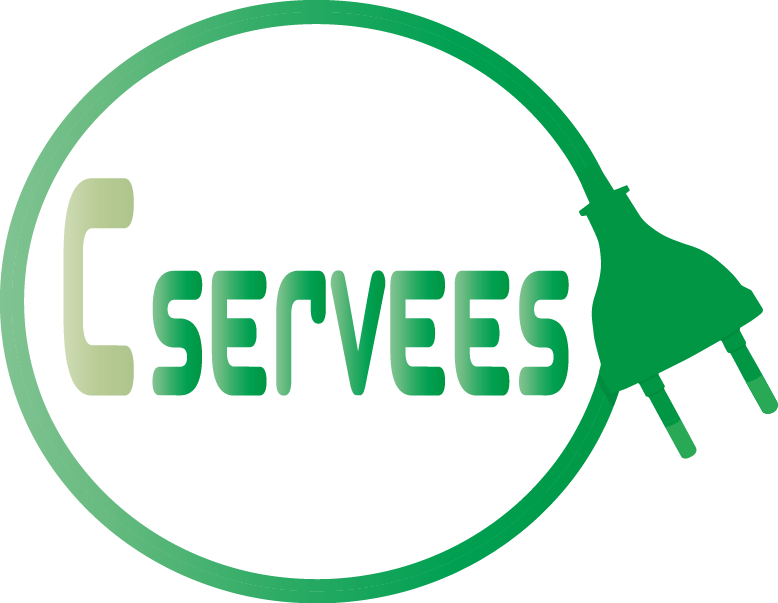


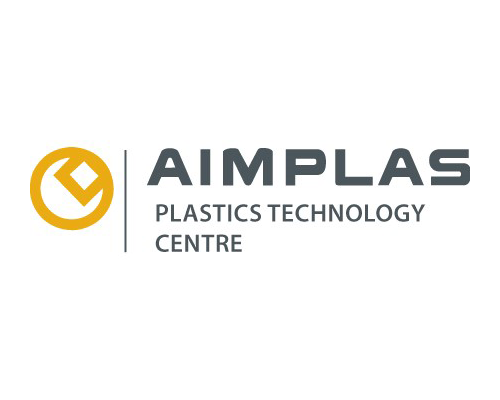
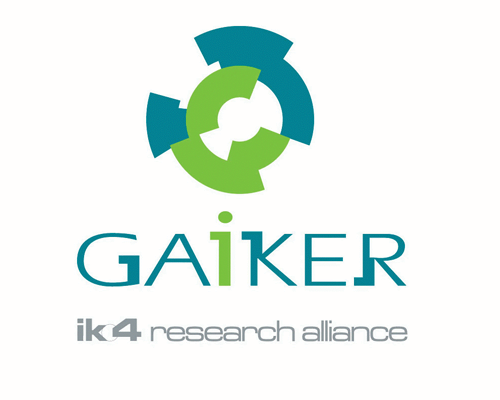
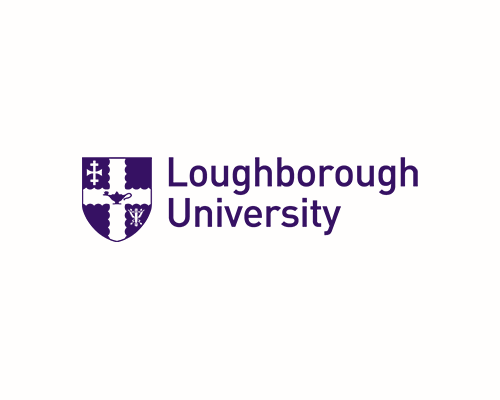
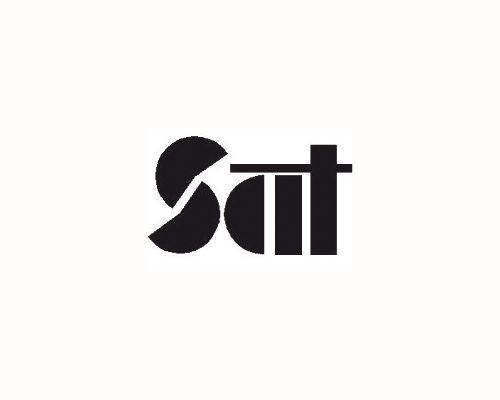
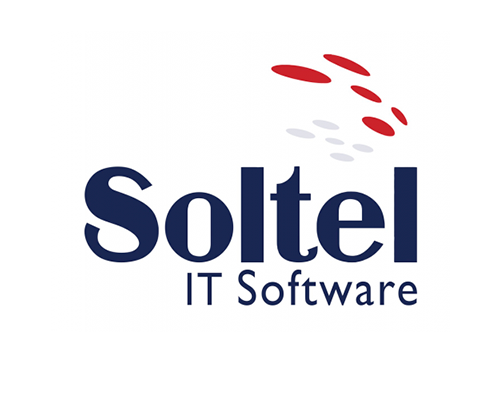
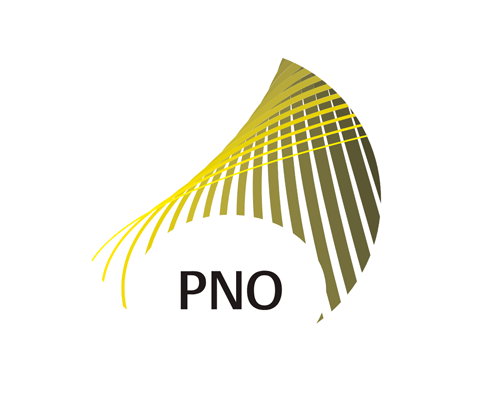
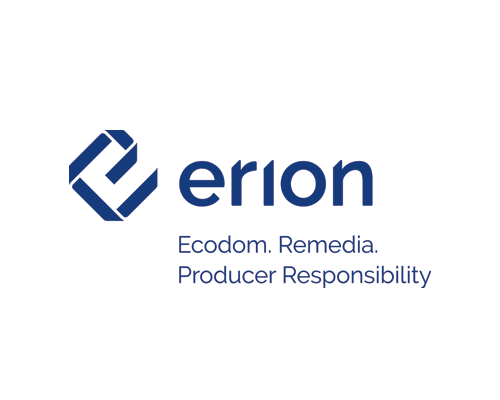
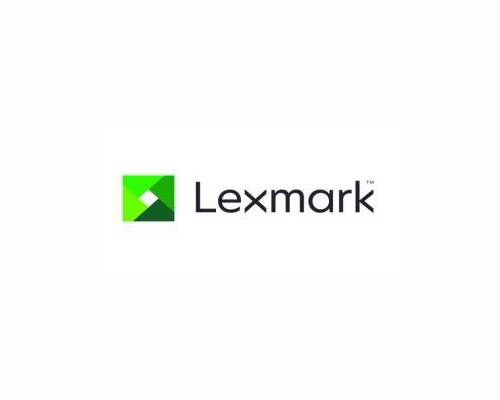
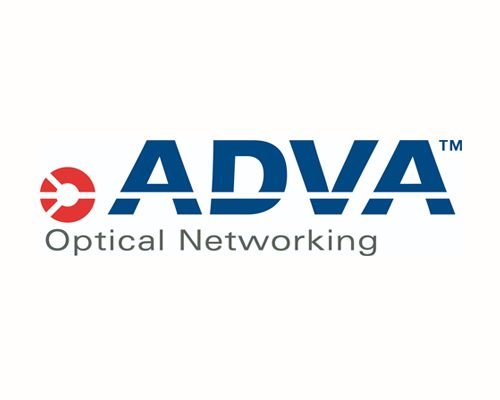
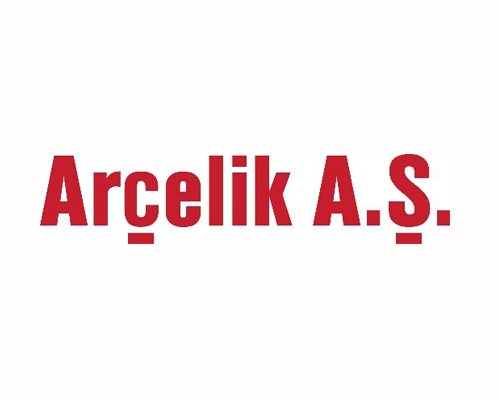
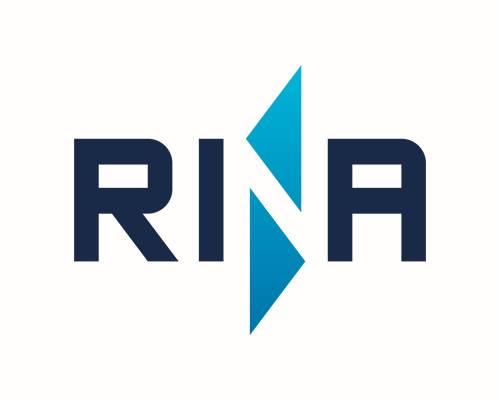
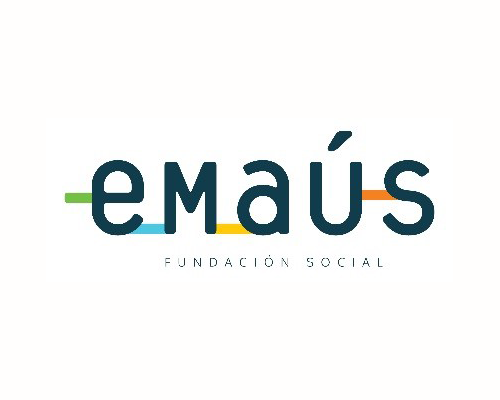
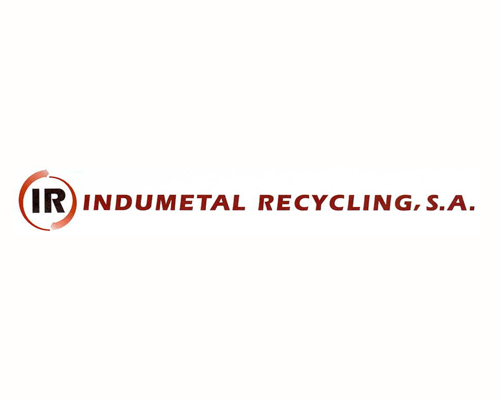
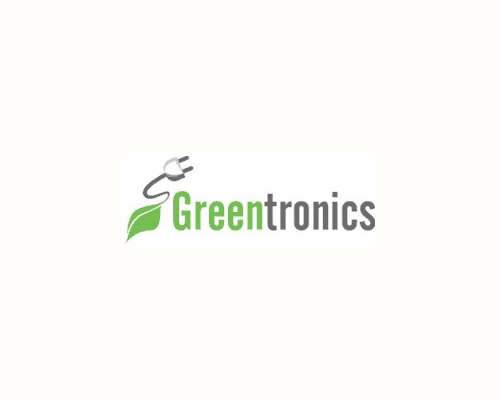

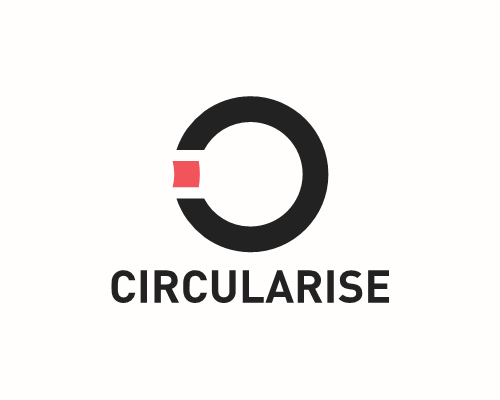
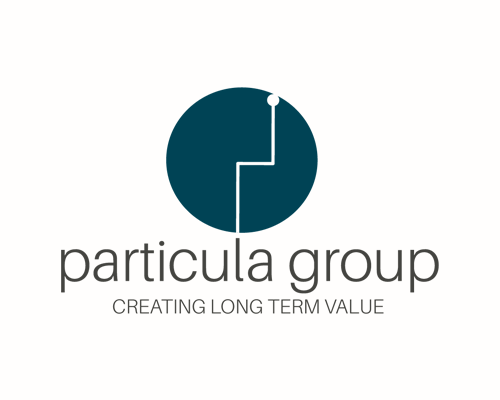
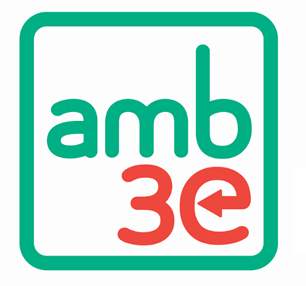
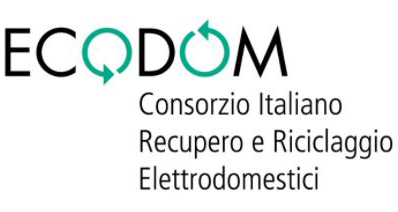




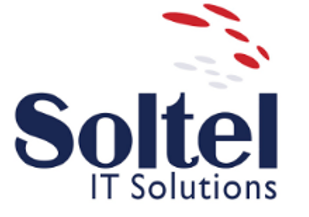
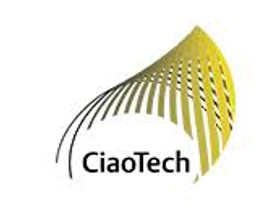



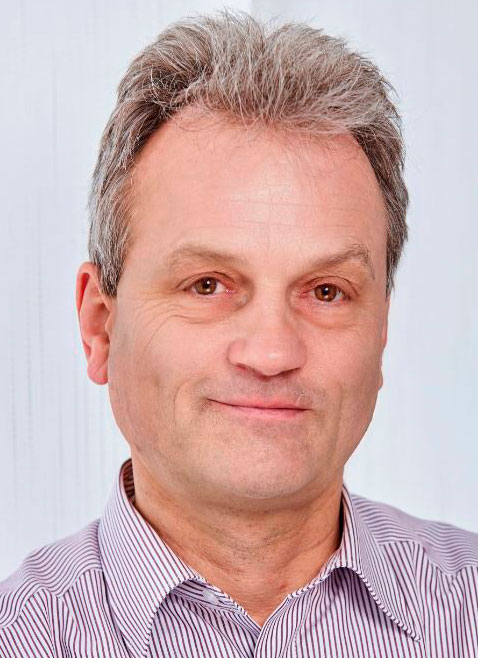

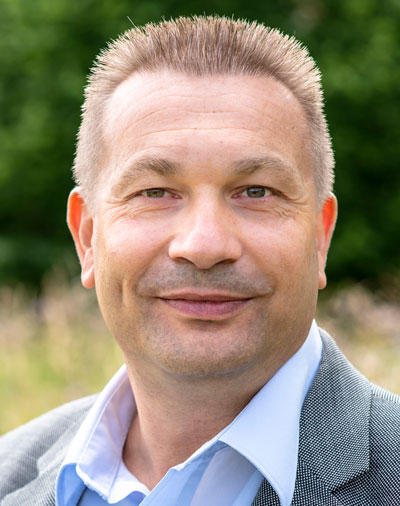


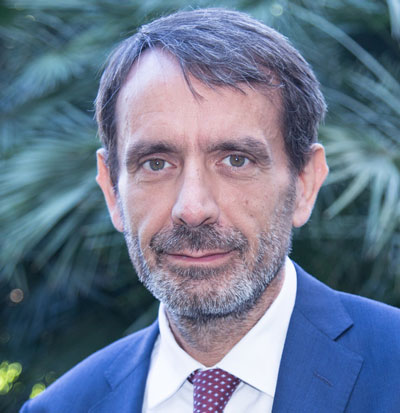
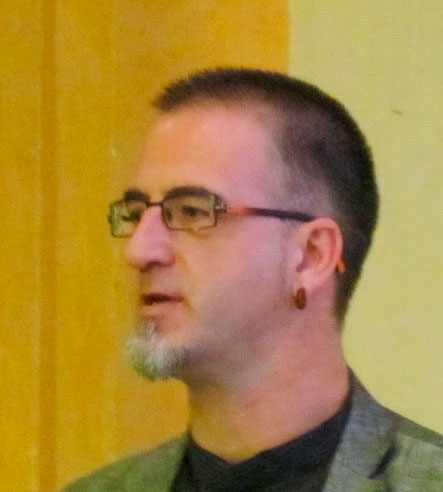
.jpg)





